For more analysis download the Activity Evaluation report.
Activities
How the outcomes were achieved
- All activities
- New study options
- Additional Experiences
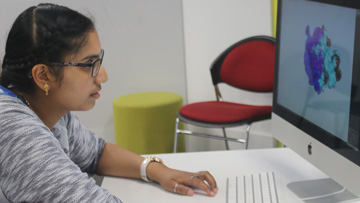 AMSPP collaboration
AMSPP collaboration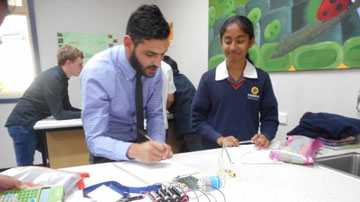 ASELL for Schools - Victorian Node
ASELL for Schools - Victorian Node Back to school
Back to school Communicating Science
Communicating Science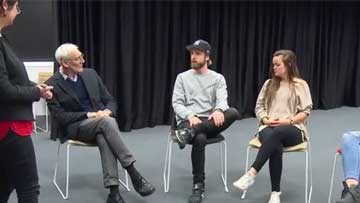 Contemporary Biology and Environmental Science In Education
Contemporary Biology and Environmental Science In Education Contemporary Science Schools Network
Contemporary Science Schools Network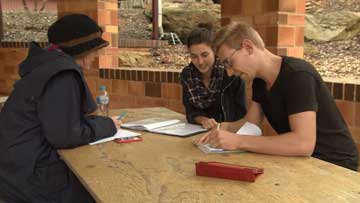 Discovery STEM initiative
Discovery STEM initiative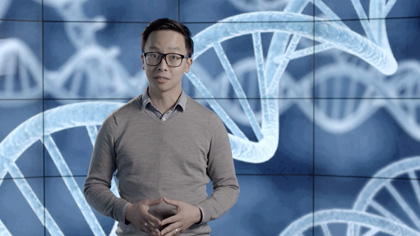 Maths videos
Maths videos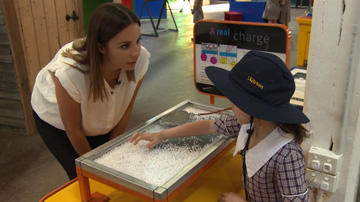 Multidisciplinary Science and Technology in Education collaboration
Multidisciplinary Science and Technology in Education collaboration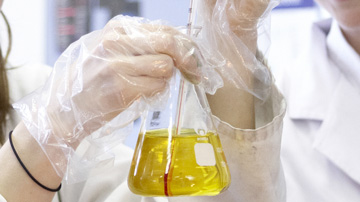 Reconceptualising Chemistry
Reconceptualising Chemistry Reconceptualising Rocks
Reconceptualising Rocks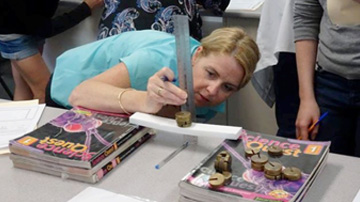 Representing scientific practice at the Institute for Frontier Materials
Representing scientific practice at the Institute for Frontier Materials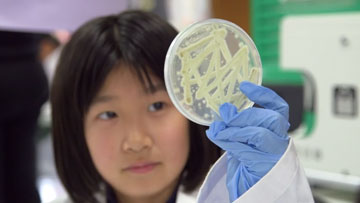 Scientists as Partners in Education
Scientists as Partners in Education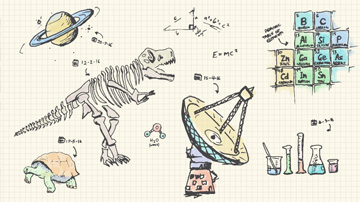 Science Squad
Science Squad
EDF5674 Engaging with practices of contemporary science
A new unit, EDF5674, was created for Monash University’s Master of Teaching and Master of Education courses, which aimed to improve pre-service teachers’ understanding of contemporary science practices.
Contact
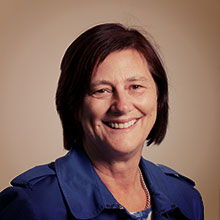
Responds to ReMSTEP innovation(s):
Contemporary science and mathematics integrated in initial teacher education (ITE) units of study.
Opportunities for students to interact with scientists in world-class research environments.
Key points
- New unit of study created in 2015
- Connected pre-service teachers with scientists
- Particpants reported increased confidence in communicating contemporary scientific practice
Monash University’s Faculty of Education collaborated with the Faculty of Science to develop a new unit for the Master of Teaching (MTeach) and Master of Education (MEduc) courses. The unit, Engaging with Practices of Contemporary Science, was developed to promote pre-service (PSTs) and in-service teachers’ understandings and engagement with practices of contemporary science. It was trialled in semester 2, of 2015, and refined in semester 2, 2016.
The unit encourages PSTs to explore their personal understandings of the nature of science and mathematics, and contrast these with views more widely held by the general public and the scientific community. PSTs then explored how these different understandings can influence the teaching and communication of science, in schools and the reporting of science in the print and electronic media. As part of the unit, PSTs arranged to visit a scientific research facility, either at the Monash University Centres of Excellence or with practicing scientists at the Melbourne Museum, where they interviewed research scientists to help identify and analyse essential practices of contemporary science that could be integrated into the professional classroom practice of science and mathematics teachers.
I do think it has changed my view on the purpose of [teaching] science. For me it’s about providing students with all the tools so that they can go out into the world and when they see a whole lot of texts that are science related they can come to their own conclusion[s] on them.
The unit had three objectives, to:
- Understand how science and mathematics knowledges, processes and communication shifted over time through the influence of social and technological change
- Explore the diverse and changing understandings of the NoS, while challenging participants to re-conceptualise and articulate their own personal contemporary view
- Investigate first hand contemporary practices of science, and examine how the new knowledge created had significantly changed to become more inter-/multi- and trans-disciplinary
The ReMSTEP project supported the identification of important gaps that exist for many PSTs between their understandings of the practices of contemporary science based on their past experiences of learning science and mathematics in their undergraduate or secondary school years compared with the cutting edge practices in use today. For many mature-aged PSTs undertaking a transition into the teaching profession, their experiences of science and mathematics are often formed many years ago, and likely limited in scope and skills by the technology available at that time.
I would be engaging students more and giving them the confidence to try. … It’s OK to make mistakes. There is an element of failure in [doing] science as well. Scientists … big names, still have that in [their work] … as well. It’s OK to fail.
Through the feedback from surveys and workshop discussions, PSTs’ acknowledged that the unit had significantly improved their confidence and ability to communicate a coherent understanding of the contemporary practices of science. Many of the PSTs spoke about how their understanding of the processes and products of science had changed while undertaking the unit. As an example, some discussed how their view of science had changed from one in which their professional practice privileged the knowledge of science or mathematical content, to a view which more broadly communicated an understanding of the importance of the contexts and processes by which science is undertaken. Participants were keen to revisit these ideas throughout the course and to actively explore and debate alternate views.
I have thought a lot more about the disconnect between secondary science and real science. Without it [EDF5674] I probably would have still taught secondary science in a very traditional high school way. But I am very conscious now of why I shouldn't do that and why I should challenge the textbook sort-of ideas, because it is true that it doesn't reflect what really happens in [science] research. ...It has given me permission to change the way I teach it.
The collaborative nature of the ReMSTEP project has required members of both the Education and Science Faculties meet on a regular basis to plan and report on the development and findings of this unit. All project members are keen to acknowledge the collaborative benefits of the ReMSTEP initiative through the sharing of expert knowledge and the development of rich resources and are supportive of maintaining or extending opportunities for collaboration in the future.
Learn more
Footnotes:
Sign up to our mailing list to stay informed

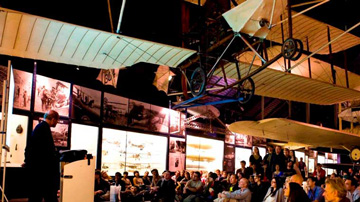 Engaging with practices of contemporary science
Engaging with practices of contemporary science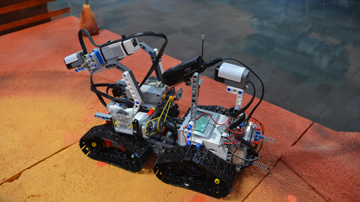 Inquiry science
Inquiry science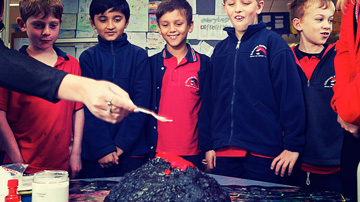 Schools science project
Schools science project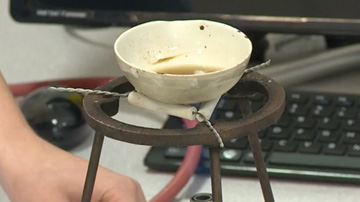 Science in Schools
Science in Schools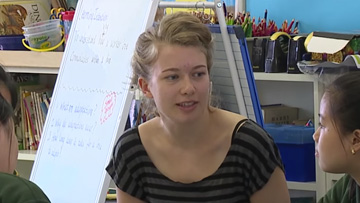 Science and mathematics specialist pathways
Science and mathematics specialist pathways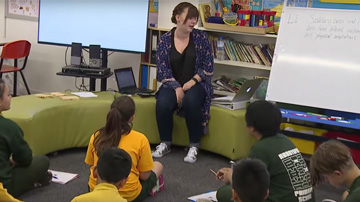 Science and Mathematics in the Classroom
Science and Mathematics in the Classroom